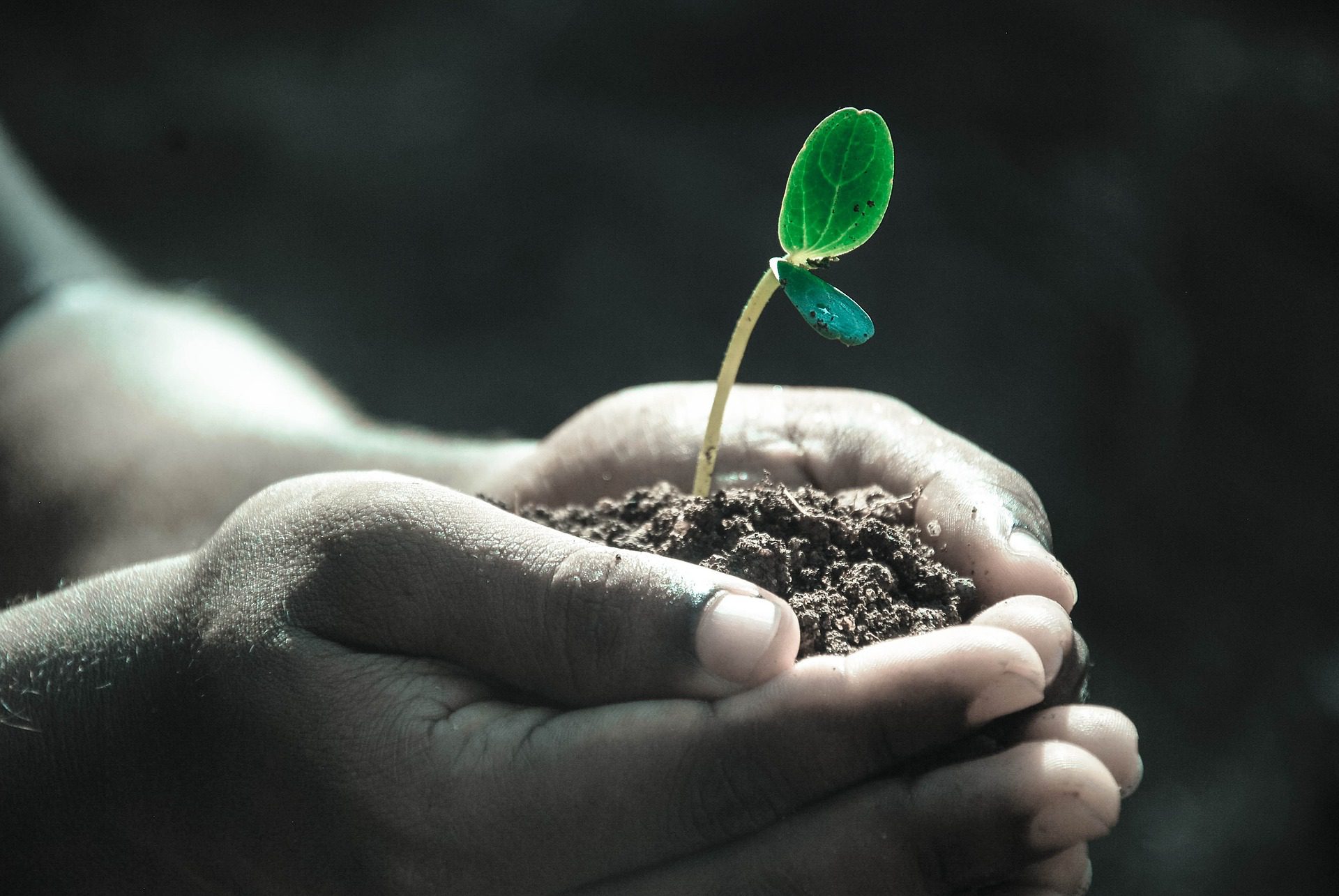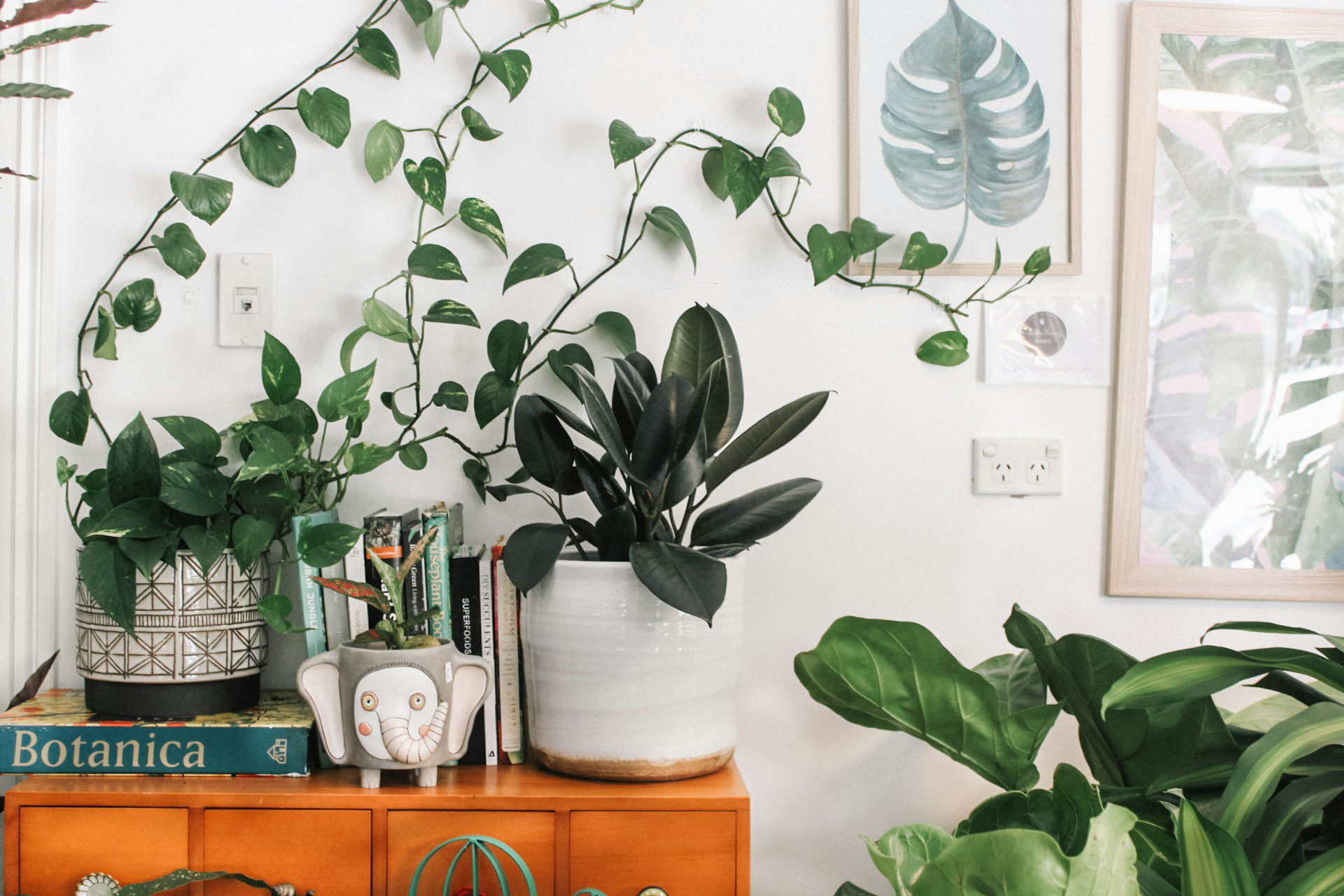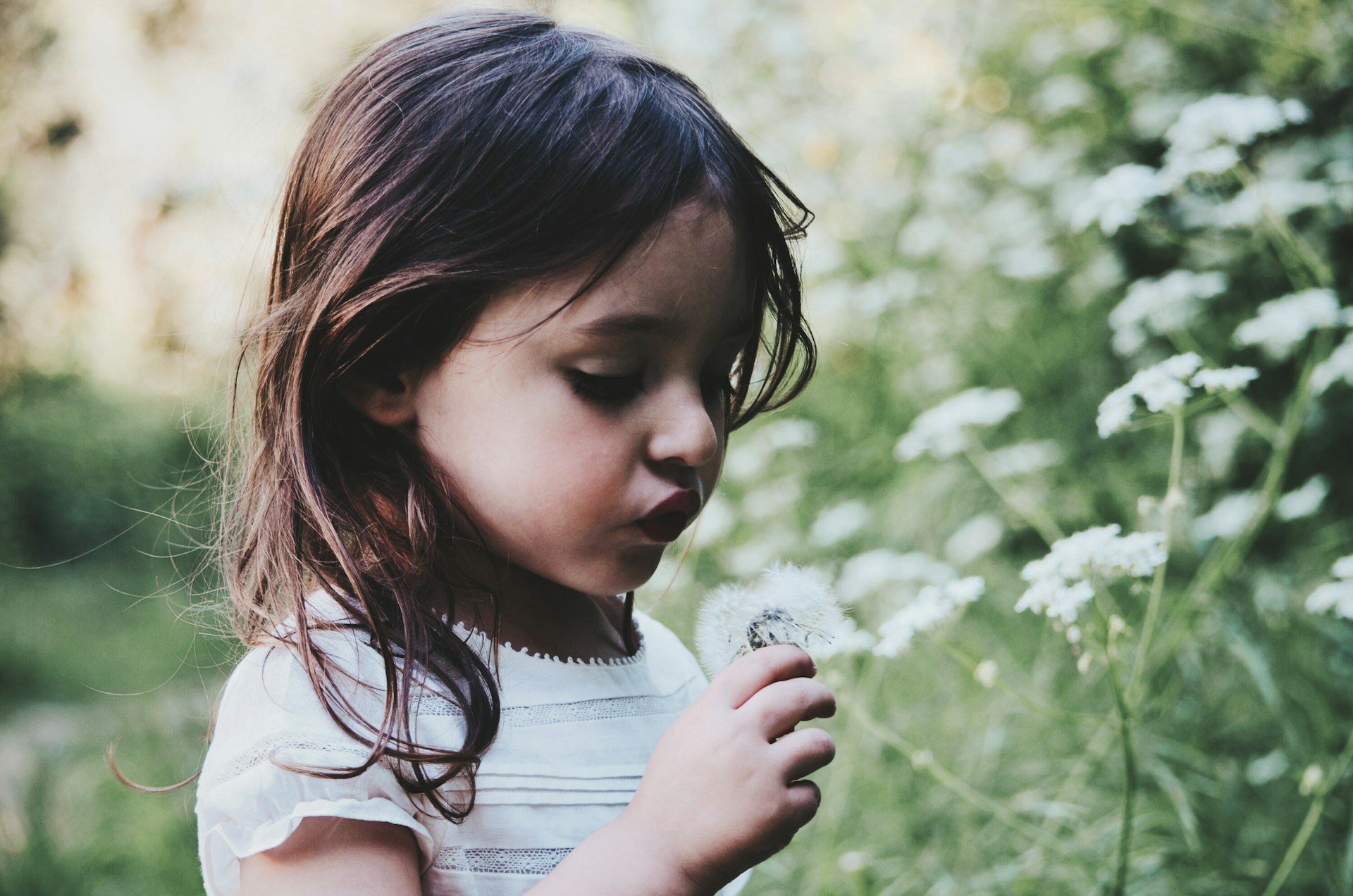Enhancing Ecosystem Resilience
Gardens brimming with diverse plant species act as sanctuaries for countless organisms, from buzzing pollinators to soil-enriching microorganisms. By fostering biodiversity, we create resilient ecosystems capable of withstanding environmental stressors such as pests, diseases, and climate fluctuations. Each species plays a unique role in the intricate web of life, contributing to ecosystem stability and resilience.
To optimize biodiversity, consider incorporating native plant species adapted to your region’s climate and soil conditions. Native plants provide essential food and habitat for local wildlife, promoting a harmonious coexistence between humans and nature. Additionally, refrain from using chemical pesticides and fertilizers that disrupt the delicate balance of garden ecosystems. Instead, embrace organic gardening practices that nurture biodiversity while safeguarding human and environmental health.
Supporting Pollinators and Wildlife
A biodiverse garden acts as a haven for pollinators, essential agents of plant reproduction and food production. Bees, butterflies, birds, and other pollinators rely on diverse floral resources for nectar and pollen, sustaining their populations and ensuring the reproduction of flowering plants. By planting a variety of flowers with staggered blooming times, you can provide continuous food sources for pollinators throughout the growing season.
To attract pollinators, choose a spectrum of flower shapes, colors, and sizes to accommodate different species’ preferences. Incorporating native flowering plants, such as milkweed for monarch butterflies or native wildflowers for native bees, enhances the effectiveness of your garden as a pollinator habitat. Additionally, consider installing bee hotels, birdhouses, and water features to provide shelter and resources for a diverse array of wildlife.
Promoting Human Well-being
Beyond its ecological benefits, garden biodiversity contributes to human well-being in myriad ways. Spending time in biodiverse outdoor spaces has been shown to reduce stress, improve mood, and enhance overall mental and physical health. The diverse array of colors, textures, and fragrances found in biodiverse gardens stimulates the senses and fosters a deep connection with nature.
Moreover, biodiverse gardens offer opportunities for education, recreation, and community engagement. They serve as living laboratories where individuals of all ages can learn about ecology, botany, and sustainable gardening practices. Community gardens, in particular, promote social cohesion and empower individuals to grow their own food, fostering a sense of pride and self-sufficiency.
In cultivating garden biodiversity, we not only enhance the resilience of our ecosystems but also nurture our own well-being and strengthen our connection to the natural world. By embracing diversity in all its forms, we can create gardens that are not only aesthetically pleasing but also thriving hubs of life, where every plant, animal, and microorganism plays a vital role in the intricate tapestry of existence.




